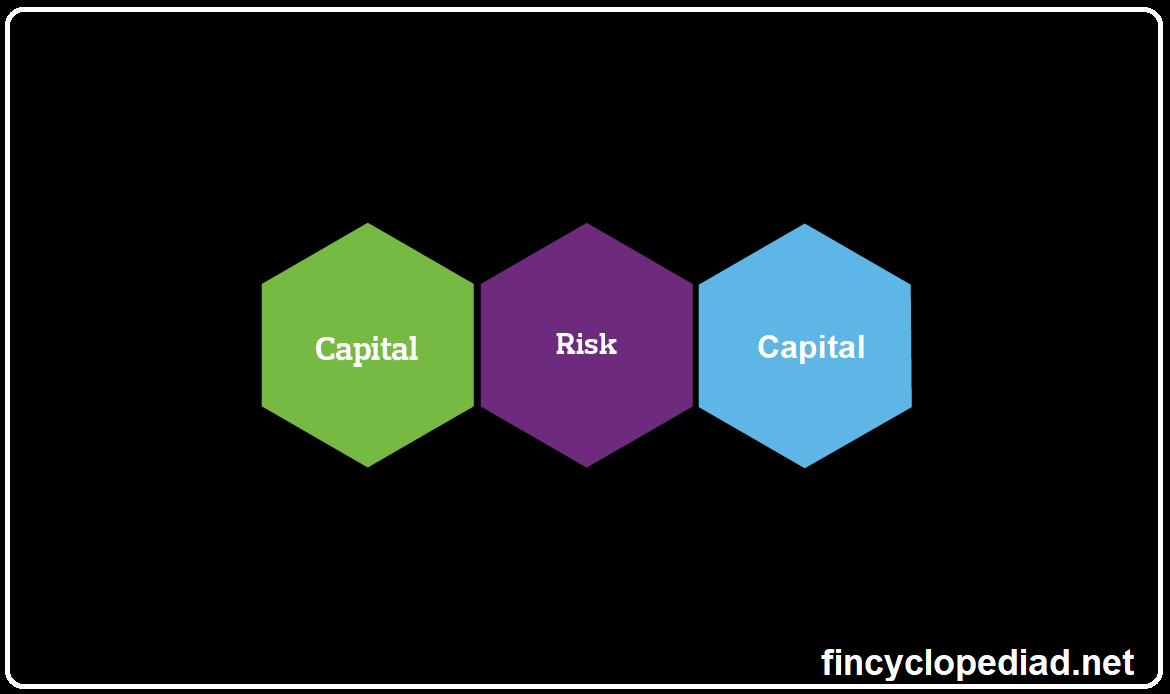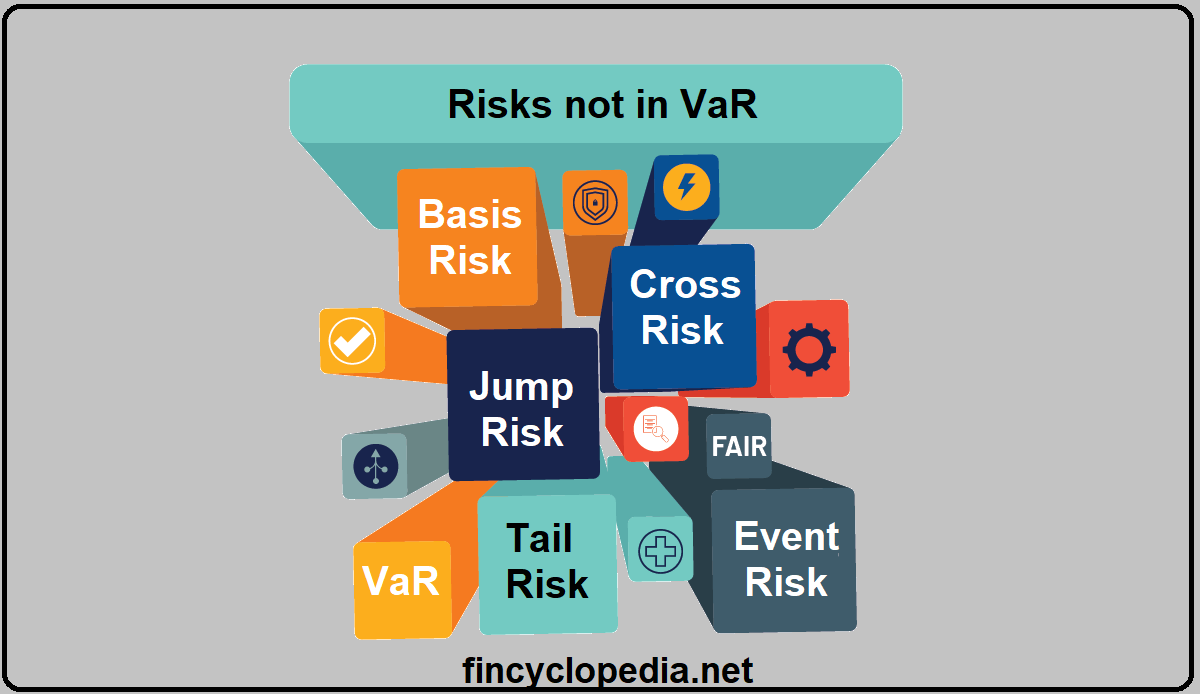In general, risk in finance represents the probability that actual outcomes/ results will differ from expected outcomes/ results. Often it is perceived to include only downside risk, i.e., the potential for financial loss and uncertainty about its magnitude.
It is the degree or amount of uncertainty that engulfs the outcome of an operation, activity, process, etc. It may also correspond to potential losses or unfavorable performance that results from specific factors (risk factors) related to specific areas. For example, market risk refers to an entity’s exposure to adverse variations in costs and/ or returns as a result of “unfavorable” changes in market rates/ prices. This type of risk arises from movements in stock prices, interest rates, exchange rates, commodity prices, and other relevant variables/ fundamentals. Market risk, also known as systematic risk, is beyond the control of businesses
Risk may also imply any potential financial loss inherent in an investment decision. For example, as investment risks increase, investors seek higher returns as compensation for taking additional risks, and vice versa.
In addition to the above types of risk, financial risk, in particular, relate to different aspects of financing, mainly financial transactions that give rise to multiple forms of such as credit risk, default risk, interest rate risk, etc.






